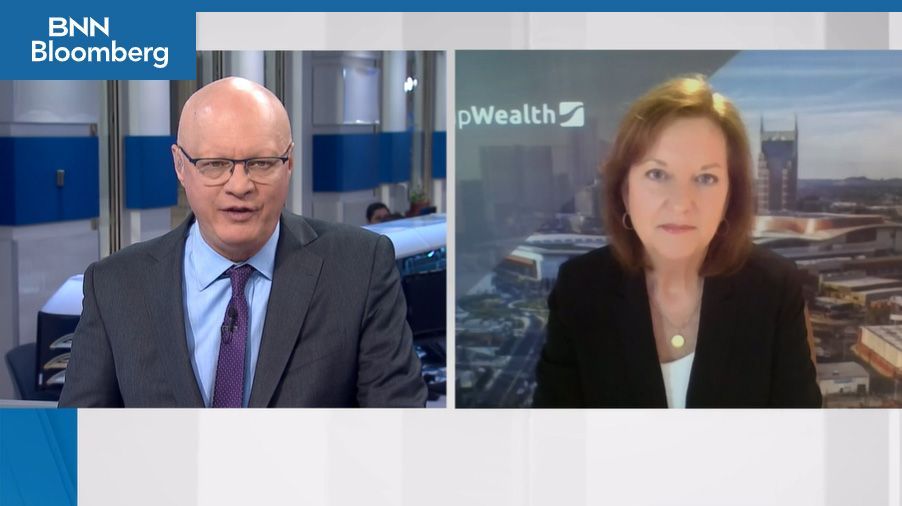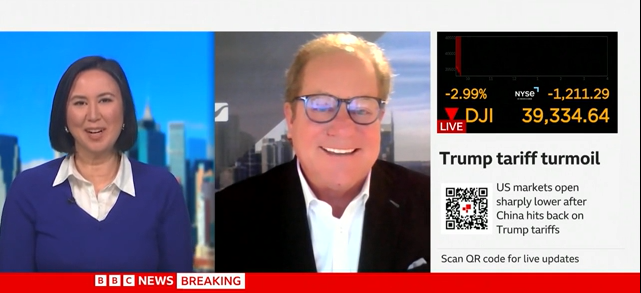Stock Market Volatility: Friend Or Foe?
February 15, 2018
The following column from Jennifer Pagliara , CapWealth Senior Vice President and Financial Advisor, was posted by The Tennessean on Feb. 16, 2018.
Volatility is back. While many may not have expected such a swing after the long period of stability, investors and advisers alike know that volatility is simply part of the market cycle.
So, what is volatility anyway?
The formal definition of volatility is a statistical measure of the dispersion of returns for a given security or market index. When the media discusses market volatility, they are essentially talking about how much stock prices are moving up and down. High volatility means prices are moving up and down quite a bit, and when it is low, there is steadier fluctuation.
There are even volatility indexes that show the market’s expectation of 30-day volatility. The VIX (the trademarked ticker symbol for the Chicago Board Options Exchange Volatility Index) tracks the S&P 500. It is forward-looking and is often referred to as the “investor fear gauge.” VIX values greater than 30 are generally associated with a large amount of volatility as a result of investor fear. Values below 20 correspond to less stressful, even complacent, times in the market. Until February, the VIX had not closed at more than 16 over the prior six months. At the point of writing this column, the VIX’s highest peak was at 39.60 on Feb. 9.
Volatility can be a good thing. With some volatility, there is a wider range of possible outcomes. If volatility stays consistent, there is less possibility for reward. While the upside increases, so does the downside. And as with any investment, the riskier it is, the greater the possibility of return.
What’s the cause?
The problem with volatility is that there isn’t one particular cause that anyone can pinpoint. For the past couple of weeks, there seems to be several factors at play:
- We are in a rising interest rate environment for the first time since the early 1980s. There is more conviction that three rate hikes will happen in 2018. Within that realm, the 10-year Treasury yield has rapidly increased to 2.8 percent from 2.5 percent in January.
- There was a shift in investor sentiment. People started to believe that this bull run couldn’t last for forever.
- There are also some large macroeconomic events that could have had some effect as well, including the potential government shutdown and concerns over the deficit and increased government spending woven into the bipartisan budget deal coming out of the Senate this week.
Some strategists, on the other hand, have noted more unusual suspects for some of the recent drop-offs, such as “forced selling” by electronic management models.
And still, many strategists point to “market psychology” for the selloff behavior, rather than to fundamental failures. With the economy continuing to move ahead in a positive direction and U.S. businesses reporting repeated earnings growth with the catalyst of major tax breaks still to be fully realized, the stage seems to be set for a sustained and healthy business economy — one to remain invested in.
How to stay the course
We all let our emotions get the best of us at times. We’re human. It’s completely understandable. However, when it comes to investing, making sure you don’t let that happen is going to be key to long-term financial success. We often let fear and greed drive our decisions in making shifts in our investments, rather than sticking to the fundamentals.
You should invest in companies that you believe will be successful and profitable for the long run, and don’t let daily fluctuations in valuation deter you. As Warren Buffet has said, “Games are won by players who focus on the playing field, not by those whose eyes are glued to the scoreboard.”
Volatility is expected and, as earlier noted, can even provide an opportunity to acquire a greater investment in a company you believe in at a lower cost.
Jennifer Pagliara is a senior vice president and financial adviser with CapWealth, LLC, and a proud member of the Millennial generation. Her column speaks to her peers and anyone else that wants to get ahead financially.














